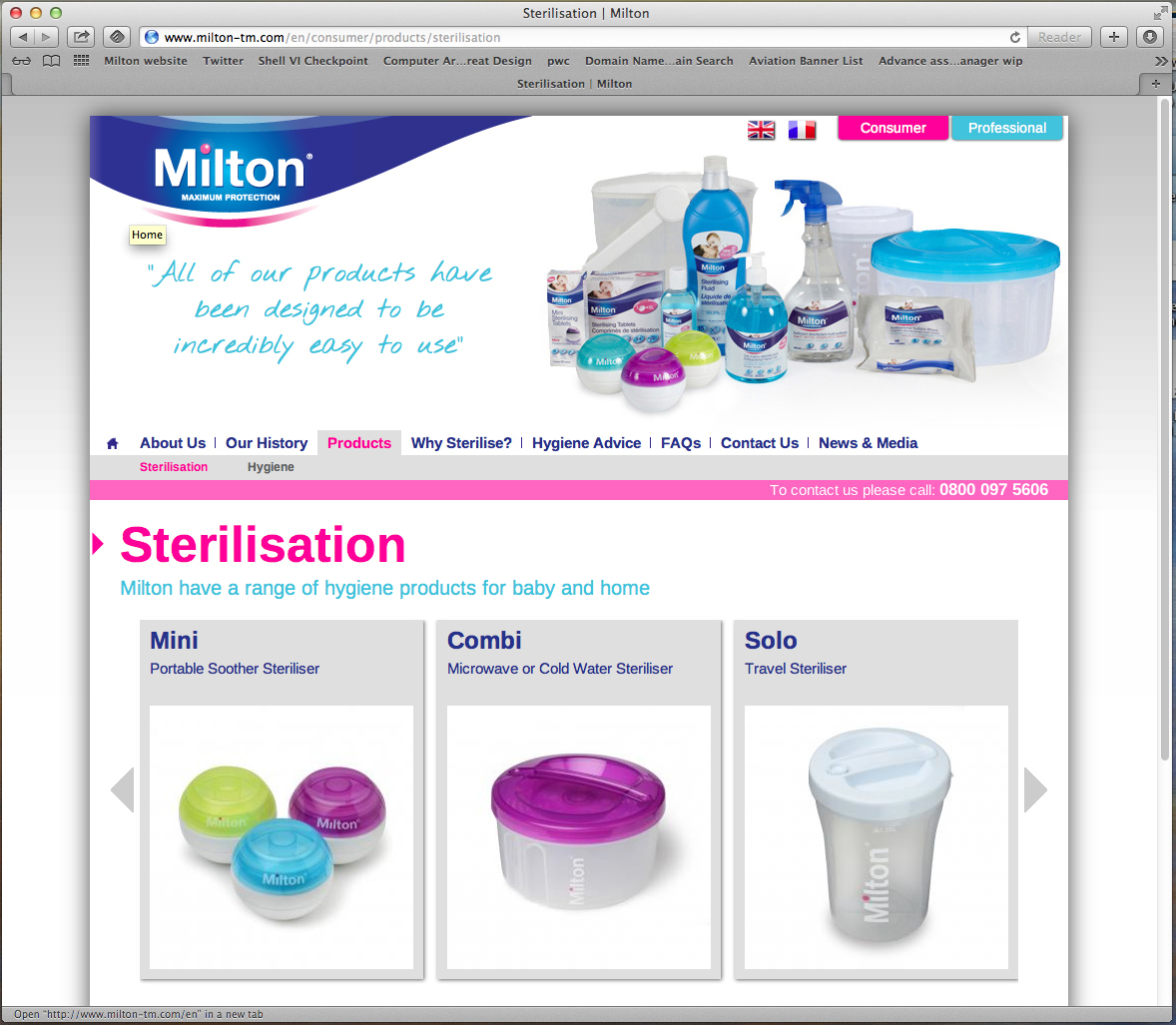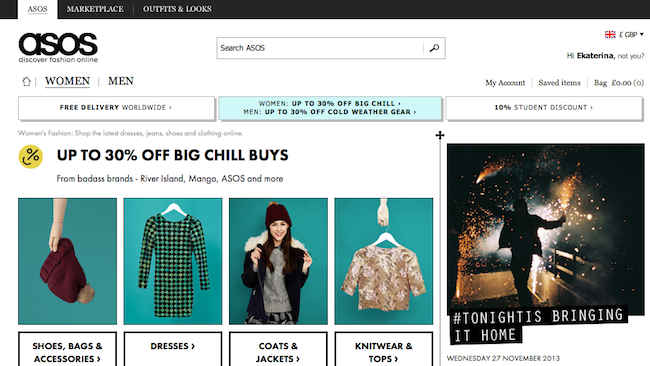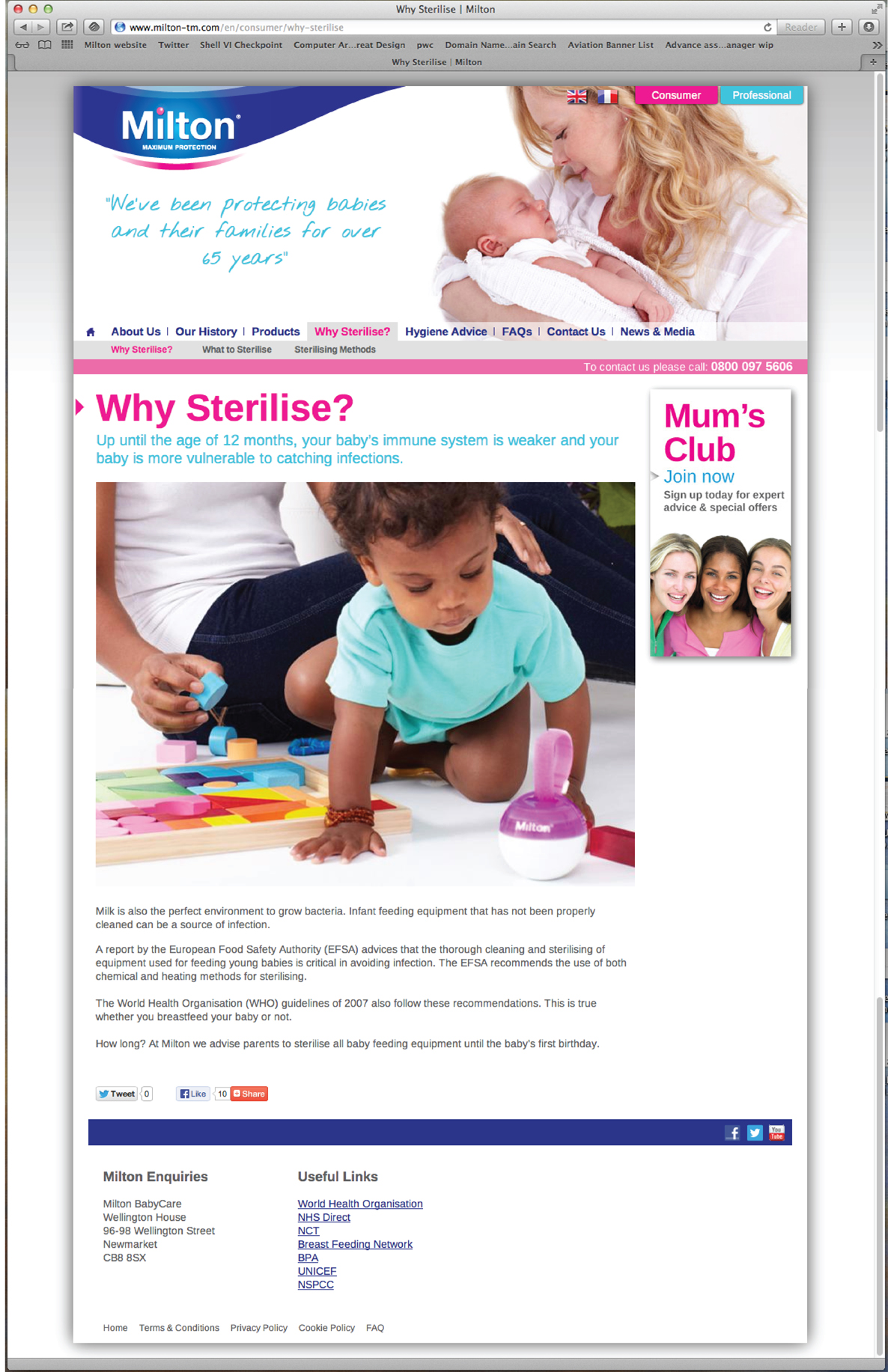There are many amazing facts about the Internet. There are 2.2 billion users around world, making 100 billion searches every month. 60 seconds is a long time in the life of the World Wide Web—Amazon will make $83,000 in sales, 72 hours of video will be uploaded to Youtube, 70 new domains will be registered and 571 new websites will be created. Usage around the world does vary, being highest in Iceland (98%) and lowest in North Korea (surprise, surprise at 0%). Here in the UK, 73% of us access it every day and 72% of us have bought goods or services online.
So, given all that, I can’t believe how many times I’ve been asked by companies (typically smaller ones) whether they need a website. This should not even be up for debate—yes, you do! It’s like asking if you need a company name or a telephone number. Essentially, if you are not online then you WILL be missing out on business. There are also businesses (and this includes bigger businesses too) who invest minimal amounts of money into creating a website that does nothing to enhance their business—and having a badly designed website can be potentially worse than having no website.
For any doubters out there, if the sheer numbers aren’t enough to get you online properly, here are some other great reasons. Having a website gives you the opportunity to punch above your weight as visitors won’t be comparing the size of your business with others; rather they’ll be looking at what you offer, at what price, and whether your values match theirs.
Your website can provide a ‘shop front’ to your business, open 24/7, enabling people to find out about you and your business even when you’re close. A good website also gives you the chance to go global, or at the very least to extend the reach of your business beyond your own postcode. Equally as importantly, it enables people to discover you—2 million Google searches are made every minute. That’s a lot of people looking for something—and if you’re not there, they simply won’t be able to find you, whether they’re searching for a product you sell, evaluating you for a contract or looking for a job.

However, simply being online is not enough. You need to look good. If your shop looks shabby, or people can’t work out what you’re selling, you’re not going to be attracting a high footfall, and the same is true of the internet. Even for businesses that have a website, many don’t put enough stock and investment into making the website look great. As with any aspect of your brand, you need to regularly review your website and make sure it’s on brand, portraying the right brand values and doesn’t feature out-of-date features, broken links etc that could turn visitors off, or make them assess you according to how you used to be, not how you are today.
Many businesses seem to start the design of their website from the wrong point—thinking about what they want from a website. That’s key, but even more important is to understand your target audience, what their needs and interests are and how you can fulfil them relevantly. It’s pointless having a website that you love, if it doesn’t speak to your customers. So, once you have an in-depth understand of what kind of online experience, content and activities they need, then you can start the design process and begin to incorporate your own requirements.
Another problem many businesses seem to have is that they treat their website simply as an online brochure. Yet a website can work much harder for a business by being interactive, engaging and flexible. Make the most of these qualities, incorporating a variety of content (these could include videos, podcasts, augmented reality campaigns etc) to provide people with a rich experience and get them coming back again and again.
Google can be a good friend for any business, so making your company appear high up on any search is important. It’s therefore essential to optimise your website for search. Also, make sure the website includes dynamic content, frequently updating it with up to date news, blogs, offers etc. as Google rates websites that regularly add new content more highly than those that don’t.
As part of this, also ensure that social media channels are designed into your website. This means that you can then easily share new website content through Twitter, Facebook etc in order to provide good reasons for consumers to return, plus extend the reach of your marketing by encouraging visitors to also share your content with their friends. Just think of asos.com for example; they have made their website so much more than just an online shop —creating a real shopping experience that is dynamic, extends even beyond their own products and which incorporates social media brilliantly to make their website a real fashion destination.

Even if your website is doing well, though, you shouldn’t be complacent. There does seem to be an element of website blindness amongst some, particularly amongst entrepreneurs whose businesses are succeeding. There are those that think, ‘if I’m doing well, why change anything?’ or ‘do I really need a website?’. However, if your business is growing, it will inevitably be changing—and your customer profile may be too. If you don’t adapt your website, or add one to your arsenal, to reflect this then you’re not doing your business justice.
About the Author
Simon Wright studied Graphic Design at London College of Printing. Having set up a design studio in Saudi Arabia and agency roles in London, he became Managing Director of Greenwich Design in 1994.
His expertise spans a wide range of disciplines across various design and marketing channels.

